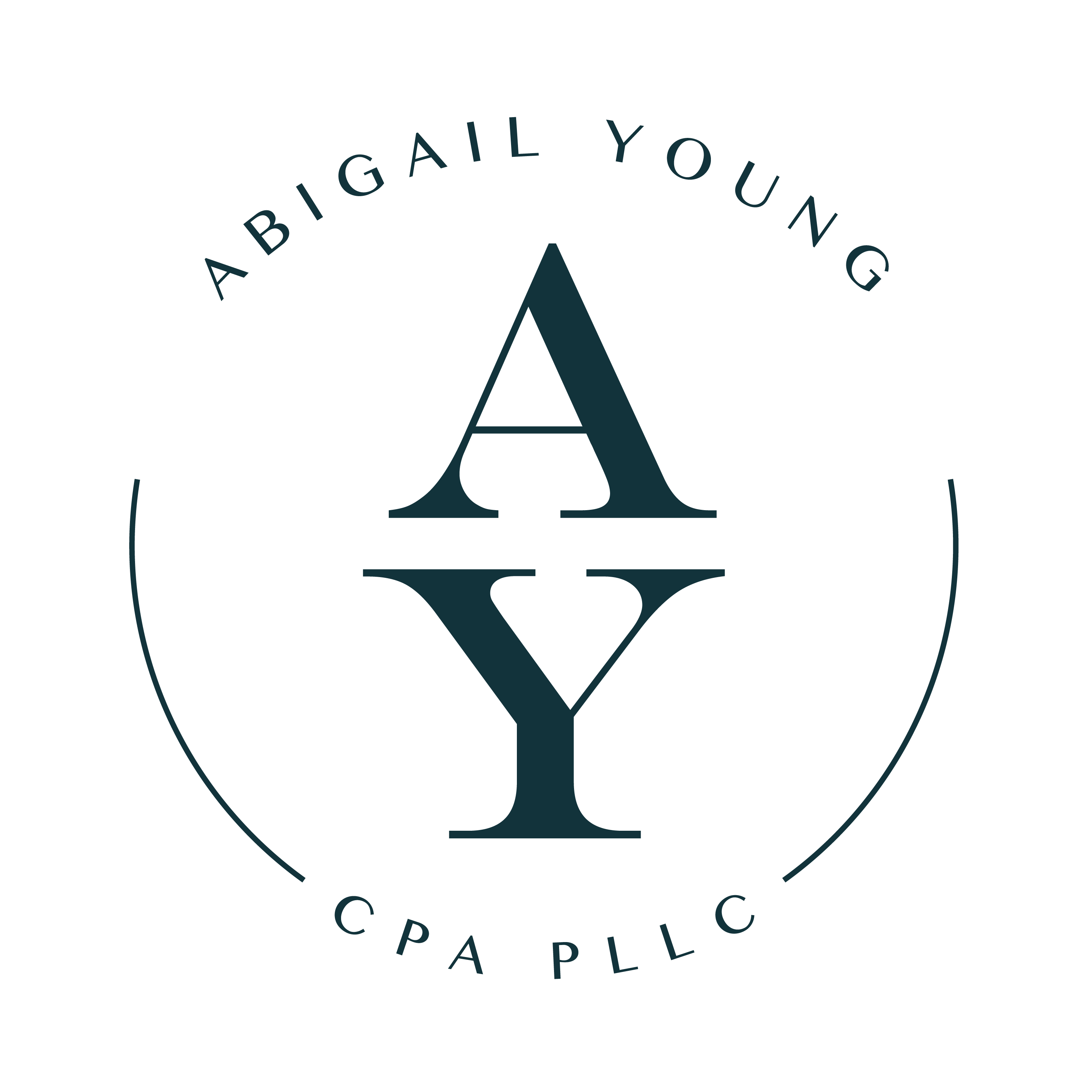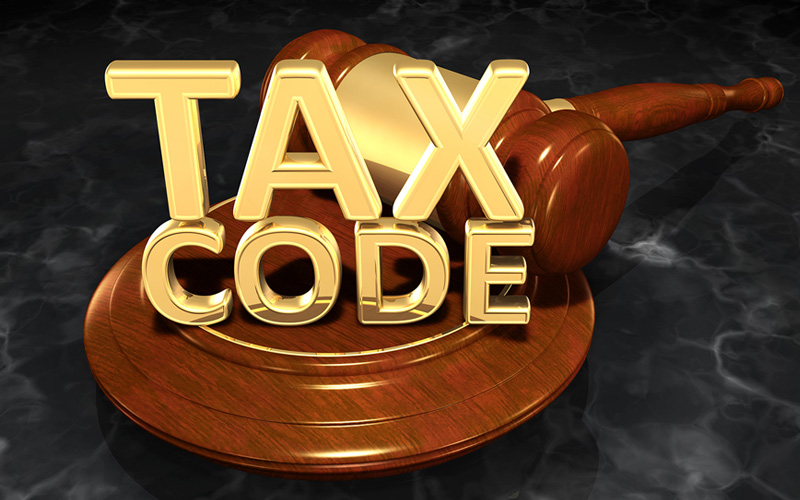What the 2018 Tax Code Changes Mean For You
The new tax reform bill will result in some of the most significant changes to taxes in several decades. It is extremely important that individuals, married couples, and business owners understand how these new tax brackets, modified deductions and credits, and general changes will affect them.
Your McAllen CPA at Abigail Y. Murray CPA, LLC. wants to keep you up-to-date so you can begin preparing your finances for the changes that are on the way.
2018 Tax Code Changes To Your Personal Taxes
- This year’s tax due dates and 2018’s tax bracket rates (along with some other useful info) can be found on our Tax Center page.
- There’s still some time to plan ahead. The upcoming tax season is for your 2017 taxes. Most of the code changes are for 2018. Now is the perfect time to begin learning and digesting all the new tax laws. It’s going to take some time to understand everything but that’s why you should take the whole year to get as good of an understanding as possible. (Don’t worry. We’ll be doing our homework here at Abigail Y. Murray CPA, LLC. all year long to help you too.)
- No more personal exemptions.
- Medical threshold for 2017 and 2018 will remain at 7.5%. This number will go up to 10% in 2019 with no sunset (expiration) provisions.
- 529 College Saving Plans will be expanded permanently with no sunset provisions. These plans will expand to include kindergarten through 12th grade at up to $10,000 per year per child. This means that if you have children in private school or pay for tutoring, you’ll be able to use money from these accounts.
- The new $24,000 standard deduction for married couples may mean less (and we mean a lot less) people itemizing. The Joint Committee on Taxation estimates that 94% of households will claim this deduction. Compare that to the 70% that do now.
- “Obamacare” penalties are going away. But not until 2019. So you can still be charged a penalty in 2018 if you don’t meet the mandate.
- A lot of these tax breaks are set to expire in 2025.
- Like-kind exchanges will be limited to real property. Any exchanges begun in 2017 must be completed by April 2018.
- The Gift Tax and Estate Tax exemptions will double with a sunset provision set in 2025. There are some uncertainties in this provision including whether or not you should wait until after 2025 to pass on your estate to heirs at market value. As more information becomes available we will have a clearer understanding of its implications.
- Elimination of ACA mandate starts in 2018. However, it will still be in effect for THIS tax season.
- The new standard deduction and personal exemption rates are as follows:
- The “marriage penalty” is going to disappear for a lot of tax paying couples. The Married Filing Jointly income thresholds are double the single thresholds, which stops penalizing couples with increased tax rates as their income increases. The “marriage penalty” will still affect couples that earn more than $400,000 together but that leaves quite a few taxpayers with improved rates.
- Personal exemption breaks are going away but the expanded Child Tax Credit is set to double the credit from $1,000 to $2,000. The Child and Dependent Care Credit will also remain.
- The new 20% Qualified Business Income (QBI)) deduction is a bit of a doozy and is situational depending on the amount of pass-through income a non-corporate taxpayer receives in qualified business income from a partnership, S corporation or sole proprietorship. The deduction is equal to the lesser of 20% of QBI or 50% of W-2 wages paid by the partnership, s corp., or sole proprietorship. The deduction cannot exceed the taxable income reduced by net capital gain. There still are some uncertainties and clarifications that need to be made in regards to this big tax change so your McAllen CPA at Abigail Y. Murray CPA, PLLC. will stay on top of that and keep you informed.
- Bonus Depreciation will double.
- A few deductions are going out the door including:
| Tax Filing Status | Previous Standard Deduction (Set to take effect in 2018) | New Standard Deduction |
| Single | $6,500 | $12,000 |
| Married Filing Jointly | $13,000 | $24,000 |
| Married Filing Separately | $6,500 | $12,000 |
| Head of Household | $9,350 | $18,000 |
2018 Tax Code Changes That Will Affect Business Owners
- Casualty and theft losses
- Tax preparation expenses
- Moving expenses
- Miscellaneous deductions subject to the 2% AGI cap<
- Corporation rates are no long graduated. They are all at a flat 21%.
- Excess business losses won’t be allowed for the tax year but will instead be carried over into following tax years and treated as part of the net operating loss.
- The corporate Alternative Minimum Tax has been completely repealed.
There’s a lot to know about the new tax reform laws and more details are still coming up. Make sure to check back with us frequently to keep up-to-date on what’s happening in the world of taxes.
And if you need assistance getting your taxes in order for the upcoming tax season, then look no further than your McAllen CPA team at Abigail Y. Murray CPA. There’s still plenty of time to get the help you need. Contact us today at (956) 800-5600 for the tax support you need.


